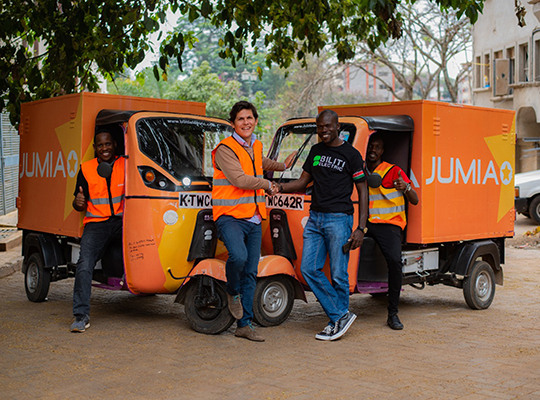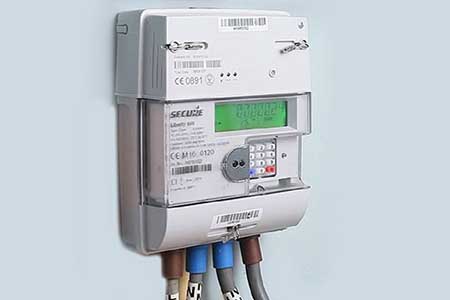New Delhi : The leading pan-African e-commerce giant, JUMIA has announced a partnership with California based EV solutions provider BILITI Electric, to add e-vans to its delivery fleet in Kenya. The two companies have successfully completed the pilot project, and are set to scale the fleet within Kenya in the first phase, and eventually across Africa. This partnership is an important step towards Africa’s progress in the e-mobility industry to achieve its environmental sustainability goals.
“Leveraging technology to improve everyday lives in Africa” is the first pillar of JUMIA’s sustainability strategy. “We are committed to building a supply chain that will minimize the environmental impact of our operations. The introduction of these EVs to our last-mile delivery fleet of 3000+ vans is an integral milestone in our journey towards realizing our ESG objectives.” said Juan Seco, CEO of JUMIA Kenya.
“We are thrilled about this partnership as JUMIA is a growing entity on its path to profitability. Last mile delivery costs account for 53% of the total cost of shipping. EVs help save on major costs compared to any internal combustion engine vehicle. We are confident of enabling JUMIA with much faster, cheaper and more convenient last-mile deliveries.” said Rahul Gayam, Co-Founder and Co-CEO of BILITI Electric.
BILITI Electric’s Taskman variant is designed for commercial last-mile deliveries – it offers a range of 100 kms per charge, payload of 500 kg and a top speed of 50 kmph. BILITI’s SmartSwapp technology enables the rider to simply swap the vehicle battery and get recharged in less than a minute. The vehicle has seen a collective mileage of 22Mn miles and delivered 24 million shipments across the globe. Taskman is currently being used by Amazon, IKEA, Flipkart (Walmart), Wasoko (Sokowatch), BigBasket (Tata), Zomato, JioMart (Reliance) among others, and has a presence in 15+ countries including Japan, USA, UK, France, Portugal, Germany, Uganda, Kenya, Dubai and India.
These e-vans offer poor communities in Africa not only a shot at cleaner air but economic opportunity as well. Delivery agents can earn more by switching from fossil-fuel motorcycles to these e-vans, by delivering more orders with less difficulty.
Kenya is perfectly positioned to kickstart an initiative of this sort. In 2020, around 92% of the electricity used in the country was generated from renewables, including hydropower, geothermal, solar PV and wind. Kenya is targeting 100% clean energy use by 2030. In 2019, Kenya reduced the import duty for fully electric vehicles. The following year, it released a comprehensive strategy to increase adoption of EVs. However, Kenya’s air quality is “moderate”, according to IQAir. Nairobi, home to 4.3 million people and ranked the second worst city in the world for traffic congestion, has PM2.5 levels five times higher than the 2021 WHO recommendations.












